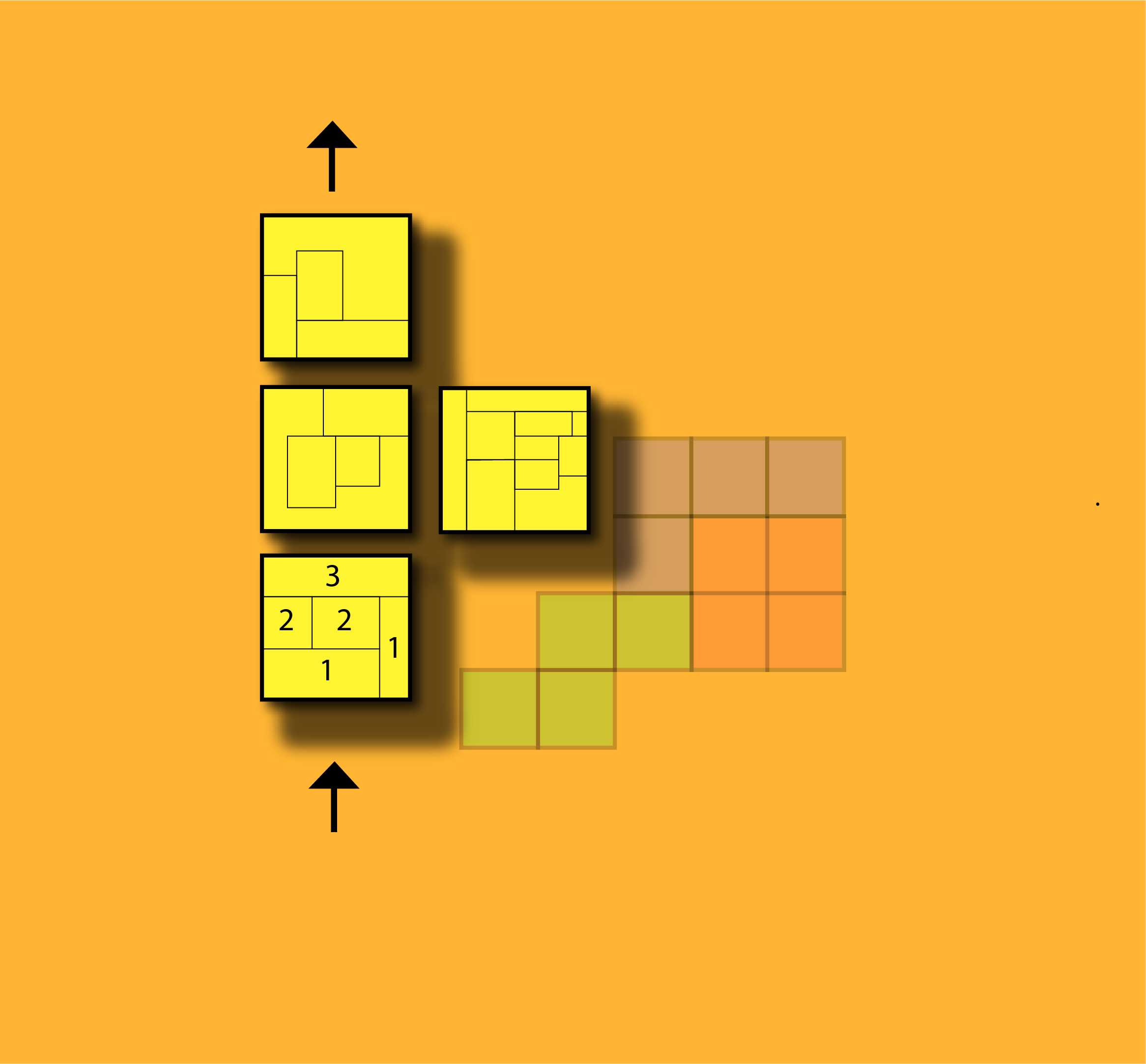
Business Expansion

737 Rate Readiness Facility Optimization
Overview
Early in my career at Boeing, I led a $17M facility transformation initiative to support a major production ramp-up: increasing throughput by 20 additional 737 aircraft per month. The effort reconfigured 55 manufacturing departments across 900,000 square feet—without pausing live operations. Like a strategic game of Tetris, every move required careful coordination, fitting disparate production elements together seamlessly to unlock space, efficiency, and flow.
Role & Responsibilities
Directed facility strategy and implementation across 55 production shops
Partnered with 30+ product lines to collect rate, space, and resource requirements
Designed a scalable layout strategy that expanded the 737-program footprint
Maintained continuous operations through phased planning and risk mitigation

Concept and Initiation
Discovery & Initiation
Our industrial engineering analysis confirmed that the current facility layout couldn’t sustain the projected production rate. Shops were boxed in—physically and operationally. I partnered with cross-functional leaders to define needs and constraints, then built a macro-level plan to optimize shop locations, open up flow, and reclaim capacity for expansion.

Planning
Planning & Design Development
Once approved, I led layout planning sessions with dozens of stakeholders to document:
Workflow dependencies
Shared resource utilization
Equipment and utility needs
Safety, clearance, and egress requirements
I created phased move plans that aligned with engineering changes and production demands, ensuring each new “piece” of the layout would fit into place without creating operational gaps.

Execution and Monitoring
Execution & Iteration
Challenge 1: Shifting rate forecasts and overlapping engineering changes
Resolution: Embedded risk reviews into planning forums and proactively adapted layouts to reflect change orders and evolving requirements
Challenge 2: Limited capacity from shop leaders for ongoing planning
Resolution: Developed focused, time-boxed working sessions and used visual design reviews to accelerate feedback and approvals
Challenge 3: Live production couldn’t pause for reconfiguration
Resolution: Built a phased move strategy with targeted production stoppages, allowing critical work to continue while spaces were reconfigured in sequence

Close
Closeout & Impact
The project was delivered:
On time and within the $17M budget
With minimal post-move adjustments
And with a layout capable of sustaining future production targets
Beyond the tangible results, this experience shaped my operational leadership style: adaptive, systems-driven, and grounded in collaboration. What started as a layout challenge became a career milestone—solidifying my passion for orchestrating large-scale change across people, process, and space.